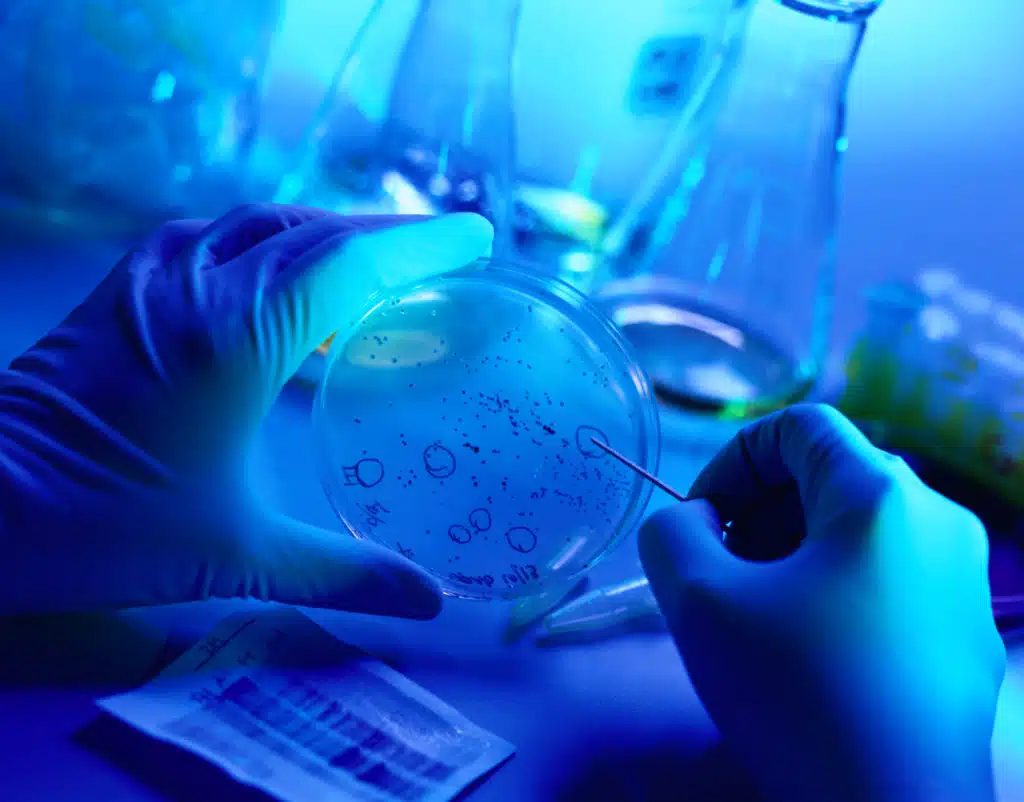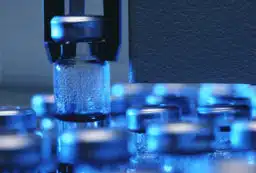Queensland Fresh Scientist develops a rapid test for the Hendra virus in horses
Horses suspected of carrying the deadly Hendra virus will have results in ten minutes rather than up to 36 hours, thanks to a rapid diagnostic test developed by University of the Sunshine Coast researcher, Joanna Kristoffersen.
Joanna who did the research as part of her honours project with Dr Joanne Macdonald, is one of ten 2016 Queensland Fresh Science finalists.
“Currently if there is concern about a horse having the Hendra virus a vet will need to visit the property, take a sample and send it to the lab in Brisbane,” says Joanna.
“Then the horse owner is up for a couple of days of anxious waiting, the horse may be suffering and if it is Hendra it might mean a delay in treating the issue and preventing its spread.
“Our test works a bit like a pregnancy test so a vet can get the specific results onsite within ten minutes.”
Hendra is a rare but deadly virus with over 80 cases occurring in Queensland and northern New South Wales since its discovery in 1994. The virus causes severe illness and death in horses and people. Horses can catch the virus when they come into contact with bat fluids. People can catch the virus from coming into contact with infected horses.
“Our test is a precise, sensitive and rapid which vets can use in their clinics,” says Joanna. “It means Hendra outbreaks can be identified, contained and managed much more efficiently than current methods.”
“As our test does not require samples to be transported or expensive laboratory equipment, we expect that it will prove significantly cheaper than current testing.”
“We are currently looking to commercialise our product by working with Biosecurity Queensland and Queensland Health, and hope to have it on the market within two to three years.”
Queensland Chief Scientist, Dr Geoff Garrett says this is another example where Queensland researchers are making advances in science thanks to a collaborative approach.
“This innovative test is going to streamline diagnosis to better manage and restrict the spread of this potentially deadly virus,” Dr Garrett says.
Joanna worked with researchers at the Department of Agriculture & Fisheries, USC, Biosecurity Queensland and CSIRO to develop the test.
Fresh Science is a national competition helping early-career researchers find, and then share, their stories of discovery. The program takes up-and-coming researchers with no media experience and turns them into spokespeople for science, giving them a taste of life in the limelight, with a day of media training and a public event in their home state.
Queensland Fresh Science is supported by: Queensland Government; Queensland University of Technology (QUT); University of the Sunshine Coast (USC); The University of Queensland; and Econnect Communication.
A short video is available explaining Joanna’s work.







 Fresh Science is on hold for 2022. We will be back in 2023.
Fresh Science is on hold for 2022. We will be back in 2023.